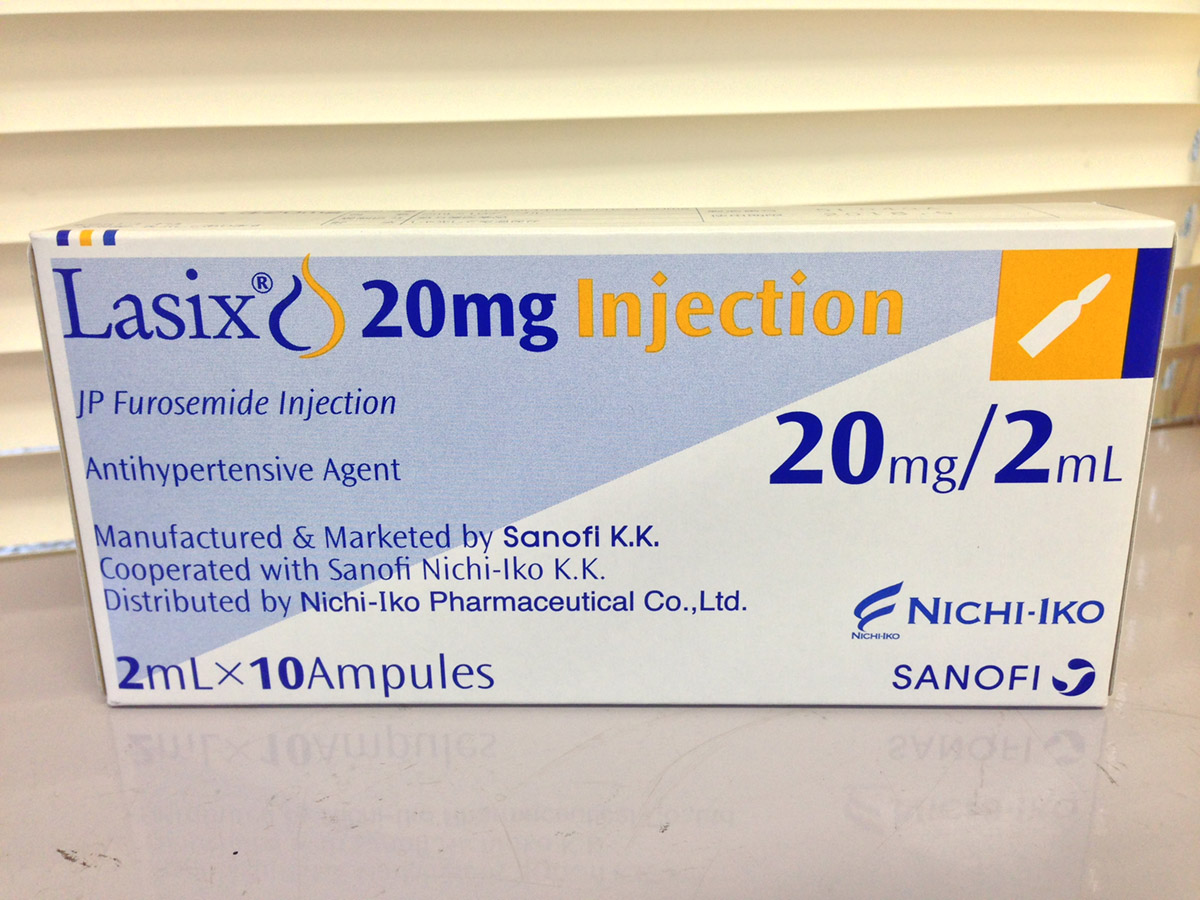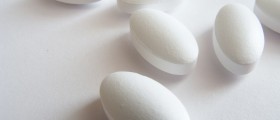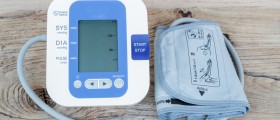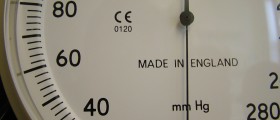
Diuretics are the group of different medications used to increase the amount of urine or the frequency of urination when needed. You can also hear people calling these drugs – water pills, because they do actually (some of them) work decreasing the amount of water in the body. These medications allow the kidneys to increase the amount of sodium in the urine, which then causes increased water absorption and decrease of blood pressure.
Hypertension(heightened blood pressure), various edemas caused by retention of water, kidney problems, glaucoma and liver cirrhosis are conditions in which doctors find diuretic medications very useful.
Groups of Diuretic Drugs
Thiazides,loop diuretics, potassium sparing drugs and osmotic diuretics are commonly used diuretic medications. All these groups of drugs have different mechanisms of action, but also cause different adverse effects and require different precaution measures. Under the watch of your doctor and taken in prescribed doses, diuretics are safe drugs, and they do not cause any severe adverse effects. Unwanted effects depend on the group of drugs, so potassium sparing diuretics are known to potentially lead to hyperkaliemia or hypokalemia (increased or decreased amount of potassium in the blood). Loop diuretic medications, on the other hand, are known for causing frequent urination in patients using these drugs.
Thiazides are moderately potent diuretic drugs, usually prescribed as the first treatment option for people suffering from hypertension. They can also be your doctor’s choice if you are having some heart problems or experiencing retention of water in the lungs (which is known as pulmonary edema). Thiazides work by increasing the production of urine, acting on the distal convoluted tubule in the kidneys.
Loopdiuretics are called that way because they work in the part of the kidneys known as the loop of Henle. They affect the amount of chloride and sodium absorbed in the kidneys, and that way affect the absorption of both calcium and magnesium. As the result, people taking loop diuretics have increased amount and much diluted urine. These drugs affect the circulation of blood in the kidneys.
Potassium sparing diuretics spare the very important electrolyte for the human body – potassium. These medications increase the amount of sodium excreted through urine and preserve potassium.
Osmotic diuretics temporarily heighten the concentration of sugar in the blood, causing the absorption of water in the kidneys.
Natural Diuretics
Certain food we normally use has diuretic properties. Herbal teas, apple cider vinegar or cranberry juice will cause frequent urination. Also, you may use cucumbers, artichokes, cabbage, carrots, tomatoes or asparagus for the same purpose. If you want or prefer to use watermelons or fennel – you can, because these foods also cause diuretic effects to your body.

















Your thoughts on this
Loading...